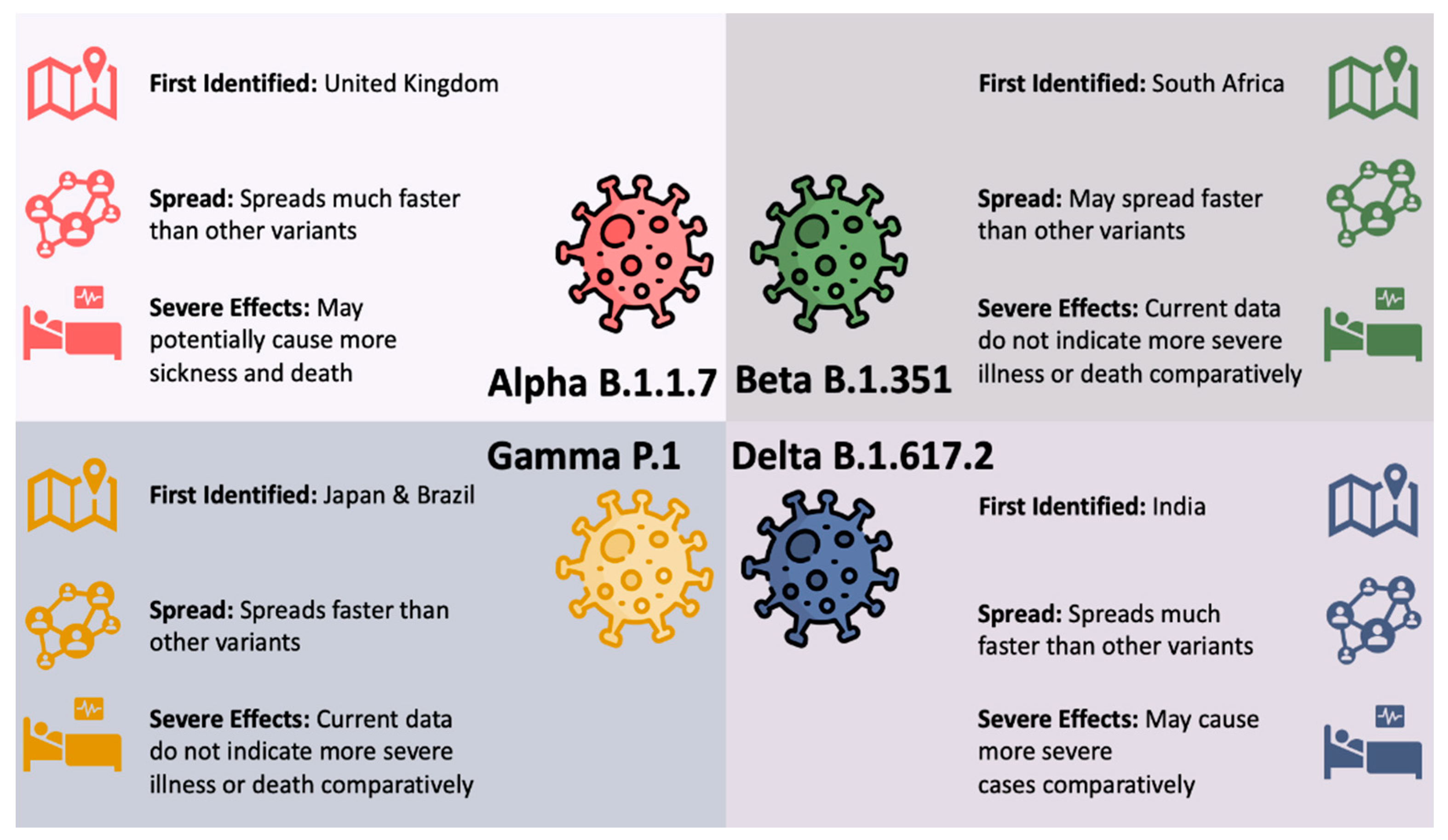Understanding COVID Variants

Covid variants symptoms – COVID-19, caused by the SARS-CoV-2 virus, has undergone mutations, leading to the emergence of variants. Understanding these variants is crucial for developing effective strategies to combat the pandemic.
The Omicron variant of COVID-19 is known for its high transmissibility, and its symptoms can vary widely. From fever and chills to muscle aches and fatigue, the virus can manifest in different ways. One notable figure who contracted the virus and experienced its effects firsthand is Jamaal Bowman , a Democratic Congressman from New York.
His experience with COVID-19 highlights the unpredictable nature of the virus and the importance of vaccination and precautions to protect ourselves and others.
Viral Variants and Their Significance
Viral variants arise when the genetic material of a virus changes. These changes can affect the virus’s characteristics, such as its transmissibility, severity, and immune evasion capabilities. In the case of COVID-19, several variants have been identified, each with unique features.
The new COVID variants have brought a range of symptoms, including fatigue, shortness of breath, and loss of taste. As we learn more about these variants, it’s important to stay informed and take precautions. Actress tyler cherry recently shared her experience with the virus, highlighting the importance of early testing and treatment.
While the symptoms of the new variants can vary, it’s crucial to remain vigilant and seek medical attention if you experience any concerning symptoms.
Known COVID Variants
The World Health Organization (WHO) has classified COVID-19 variants into three categories based on their potential impact on public health:
- Variants of Concern (VOC): These variants are highly transmissible, may cause more severe disease, or reduce the effectiveness of vaccines and treatments.
- Variants of Interest (VOI): These variants have genetic changes that may impact the virus’s characteristics, but their impact is still under investigation.
- Variants Under Monitoring (VUM): These variants have been identified but do not yet meet the criteria for VOC or VOI.
Some notable COVID-19 variants include:
- Alpha (B.1.1.7): Originated in the UK, highly transmissible.
- Beta (B.1.351): Originated in South Africa, may reduce vaccine efficacy.
- Gamma (P.1): Originated in Brazil, may cause more severe disease.
- Delta (B.1.617.2): Originated in India, highly transmissible and causes severe disease.
- Omicron (B.1.1.529): Originated in South Africa, highly transmissible and may evade immune responses.
Methods for Identifying and Tracking Variants, Covid variants symptoms
Identifying and tracking COVID-19 variants is essential for monitoring the pandemic and developing appropriate responses. Several methods are used:
- Genome Sequencing: This technique analyzes the genetic code of the virus to identify mutations and determine the variant.
- Surveillance: Monitoring cases and analyzing data on transmission, severity, and vaccine effectiveness can help identify potential variants.
- International Collaboration: Sharing data and resources among countries allows for the rapid identification and tracking of variants.
Symptoms Associated with COVID Variants

The emergence of COVID variants has raised concerns about their potential impact on symptom severity and duration. Different variants have been observed to exhibit varying clinical presentations, necessitating a closer examination of the symptoms associated with each variant.
Understanding the symptom profiles of different COVID variants is crucial for effective diagnosis, treatment, and public health measures. By identifying the commonalities and differences in symptoms, healthcare providers can better anticipate the clinical course of the disease and tailor their approach accordingly.
Severity and Duration of Symptoms
The severity and duration of COVID symptoms can vary depending on the variant involved. Some variants, such as the Alpha variant, have been associated with milder symptoms, while others, like the Delta variant, have been linked to more severe illness.
The duration of symptoms can also differ across variants. The Omicron variant, for instance, has been observed to have a shorter incubation period and a milder clinical course compared to previous variants.
Impact on Specific Populations
Certain COVID variants may have a more pronounced impact on specific populations, such as the elderly or immunocompromised individuals.
Older adults and those with underlying health conditions are generally more vulnerable to severe COVID-19 outcomes. Some variants, like the Beta variant, have been associated with an increased risk of severe disease and mortality in these populations.
Treatment and Management of COVID Variants: Covid Variants Symptoms
The emergence of COVID variants has necessitated the development of tailored treatment strategies to combat their unique characteristics. Understanding the specific treatment options and management approaches for different variants is crucial to optimize patient outcomes.
Treatment Options
The treatment options for COVID variants vary depending on the severity of the infection and the specific variant involved. For mild cases, supportive care measures, such as rest, hydration, and over-the-counter medications for fever and pain, may be sufficient.
For more severe cases, antiviral medications, such as Paxlovid or Molnupiravir, can be used to inhibit viral replication and reduce the risk of hospitalization and death. Monoclonal antibodies, which are laboratory-produced proteins that target the virus, can also be effective in treating certain variants.
Symptom Management
Managing symptoms is essential to prevent severe complications and improve overall well-being. Common symptoms of COVID variants include fever, cough, shortness of breath, fatigue, and muscle aches.
To manage these symptoms, it is recommended to:
- Rest and avoid strenuous activity.
- Stay hydrated by drinking plenty of fluids.
- Use over-the-counter medications for fever and pain.
- Use a humidifier or take hot showers to relieve congestion.
- Monitor oxygen levels regularly using a pulse oximeter, especially if experiencing shortness of breath.
Role of Vaccination
Vaccination remains a critical tool in preventing severe illness and death from COVID variants. While vaccines may not completely prevent infection, they have been shown to reduce the risk of hospitalization, ICU admission, and death.
It is important to stay up-to-date with the recommended vaccination schedule and to receive booster doses as needed to maintain optimal protection against emerging variants.